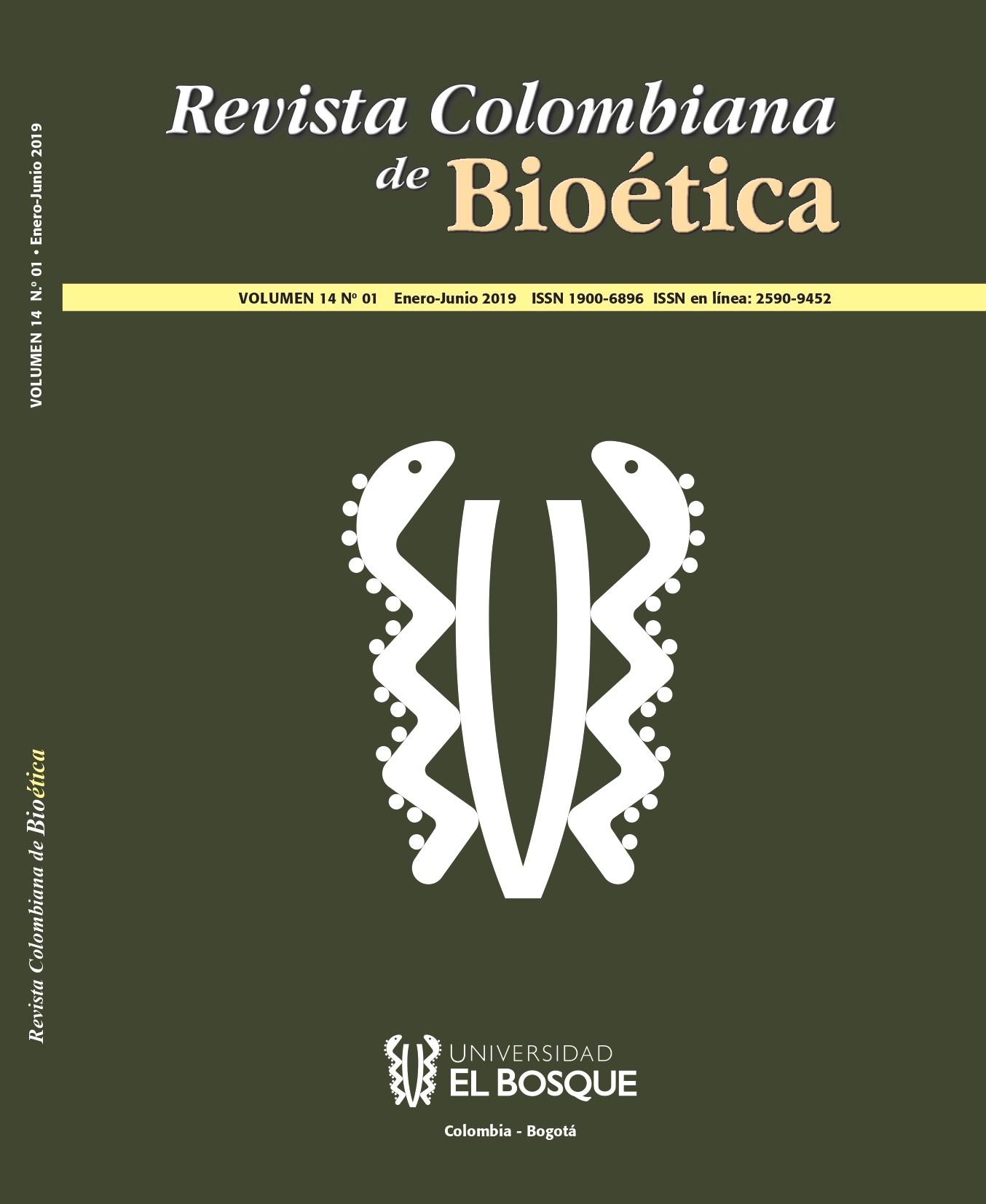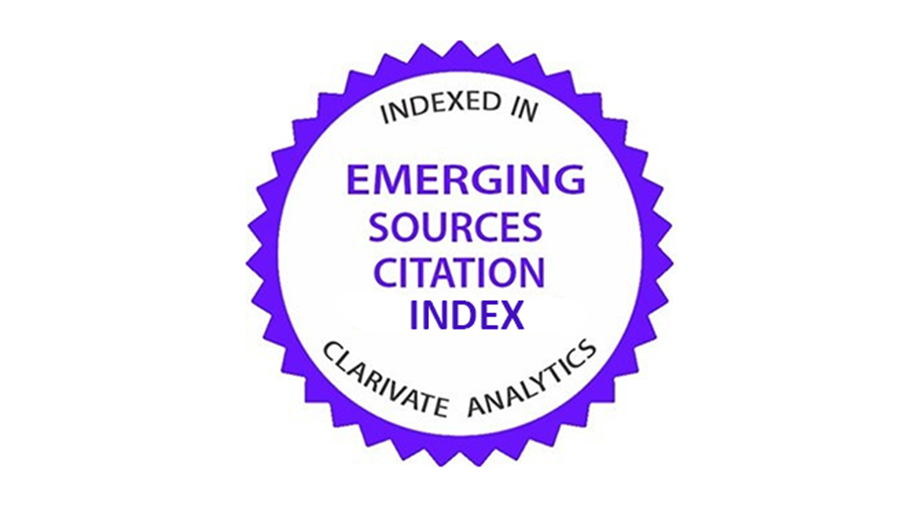Postconventional Sports Improvement in high performance: bioethics and the participation of economic benefits
DOI:
https://doi.org/10.18270/rcb.v14i1.2539Keywords:
postconventional sports improvement, high performance, benefit sharing, justice and bioethics, frugalityAbstract
The objective of this article is to make a phenomenological approach to the so-called post-conventional sports improvement, aiming at the prolongation of the maximum performance, that is to say, to the possibility of maintaining an optimal performance for more time, Surpassing the natural physiological decline and in some way limiting the right to athletes in training, the power to enjoy the advantages that it represents belonging to this elite, in terms of honor, status and the increasing economic stimulus offered by professional sport. First, a theoretical approximation is made to the Postconventional sports improvement, defined as the use of biotechnological attachments with the capacity to produce body transformations to increase performance. Then the concepts of limit and risk are investigated from a psychological perspective directed to the idiosyncrasy of the athlete, as well as how the "individual preferences" and their evolution originate and sustain. Later, it refers to the participation of benefits, the original idea of the field of biomedical research, linked to the sport of performance since a part of its advances are used there and finally, it retakes the concept of justice, to Understand the relationship between professional sport, its benefits and the notion of frugality.
Downloads
References
Asociación Mundial Antidopaje, AMA. (2015). Código Mundial Antidopaje The World AntiDoping Code Publisher by: World Anti-Doping Agency Montreal, Quebec, URL: www.wada-ama.org.
Beauchamp, T. y Childress, J. (2001). Principios de ética biomédica. Barcelona: Masson.
Bhattacharya, A. y Simpson, R. (2013). Life in over-abundance: Agar on life-extension and the fear of death En: Ethical Theory and Moral Practice; (pp. 1-21) the official online version of this article is available via: http://link.springer.com/article/10.1007%2Fs10677-013-9431-6.
Blader, S. y Chen, Y. (2014). What’s in a Name? Status, Power, and Other Forms of Social Hierarchy En: Cheng, J., tracy, J., y Anderson, C. (eds.) The Psychology of Social Status (pp. 71-98). New York: Springer.
Caro, H. (2015a). El Deporte Formativo… No es sólo un Juego de Niños: Aspectos Bioéticos Emergentes del Uso de Ayudas Farmacológicas que Potencian El Desempeño Deportivo En: Ponencia Congreso Internacional de Deporte Formativo Bogotá: Coldeportes.
Caro, H. (2015b). Mejoramiento Deportivo (Enhancement Sport) Vs. Doping Una mirada desde el Principio bioético de la justicia En: “Vistas Filosóficas” e-revista. Registro ISSN 2466-3514. doi:http://filozofski-pogledi.weebly.com/pogled-u-bioetiku/mejoramiento-deportivo-sport-enhancement-vs-doping-una-mirada-desde-el-principio-bioetico-de-la-justicia1.
Caro, H. y Hoyos, L. (2014). Biotecnología en el deporte: debate entre los bio-tecno-fascinados y los bio-tecno-fóbicos y su relación con el principio bioético de la autonomía. Lúdica Pedagógica, 2(20). doi: http://dx.doi.org/10.17227/01214128.20ludica19.25.
Fairnington, A. (2010). The age of selfish altruism: Why new values aree killing consumerism. Singapore: John Wiley y Sons (Asia) Pte. Ltd.
Foucault, M. (1990). La Hermenéutica del Sujeto. Buenos Aíres: Fondo de Cultura Económica.
GRATTON, Chris. Y JONES, Ian. Research methods for sports studies Ed. Rouglete second edition chris gratton and ian jones.
Hallmann, K. y Petry, K. (2013). Comparative Sport Development Systems, Participation and Public Policy. Sports Economics, Management and Policy. New York: Springer.
Hoberman, J. (2013). Sports Physicians, Human Nature, and the Limits of Medical Enhancement En: Tolleneer, J., Sterckx, S., Bonte, P., (eds.), Athletic Enhancement, Human Nature and Ethics, of Doping Technologies Threats and Opportunities (pp. 255- 270) Dordrecht: Springer.
Lipovestsky, G. y Roux, E. (2003). El lujo eterno: de la era de lo sagrado al tiempo de las marcas Barcelona: Anagrama.
Lochbaum, M., Çetinkalp, Z., Graham, K., Wright, T., y Zazo, R. (2016). Task and ego goal orientations in competitive sport: a quantitative review of the literature from 1989 to 2016. Kinesiology 48 (2016)1:3-29.
López, F. (2014). Mejora humana y dopaje en la actual filosofía del deporte. Tesis Doctoral Universidad de Valencia: Valencia.
López, F. (2015). Mejora humana y Dopaje Madrid: Reus.
Missa, J. (2015). El deporte de competición nuevo laboratorio de la medicina del mejoramiento: análisis ético y filosófico del dopaje. Bogotá: En: Revista Colombiana de Bioética. Vol. 10 No 2 Julio-Diciembre 210-226. Universidad El Bosque.
Nietzsche, F. (1945). El Crepúsculo de los ídolos, máximas y sátiras XXXII pág. 112 Buenos Aíres: Sociedad Editora Latino Americana.
PELLEGRINO, Edmund. Bioethics and Politics: “Doing Ethics” in the Public Square. Journal of Medicine and Philosophy: A Forum for Bioethics and Philosophy of Medicine, 2006. pp. 569-584.
Pérez, José. Cyborgsportpersons: Between Disability and Enhancement.
Phillips, P. y Onwuekwe, Ch. (2007). Introduction to the challenge of access and benefit sharing En: Phillips, P. y Onwuekwe, Ch. (eds.) Accessing and sharing the benefits of the genomics revolution (pp. 3-17). Dordrecht: Springer.
Räikkä, J. (2013). Preference Adaptation and Human Enhancement: Reflections on Autonomy and Well-Being En: Räikkä, J. y Varelius, J. (eds.) Adaptive Preferences and Self-Deception. (149- 166). Heidelberg: Springer.
Schermer, M. (2013). Preference Adaptation and Human Enhancement: Reflections on Autonomy and Well-Being En: Räikkä, J. y Varelius, J. (eds.) Adaptation and Autonomy: Adaptive Preferences in Enhancing and Ending Life (pp. 117- 136). Heidelberg: Springer.
Schroeder, D. y Lucas, J. (2013). Benefit Sharing: From Biodiversity to Human Genetics. En: Schroeder, D. y Lucas, J. (eds.) Benefit Sharing: From Biodiversity to Human Genetics: Introduction (pp. 1- 7). Lancashire, UK: Centre for Professional Ethics University of Central Lancashire Preston.
Tzoumaka, E. (2016). “He Had a Meaning in my Mind” Unpacking Celebrity Footballer Brands. The Four International Conference on Contemporary Marketing Issues (ICCMI).
Vakoch, D. (2013). Altruism in Cross-Cultural Perspective. New York: Springer.
Ward, P. (2011). Goal Setting and Performance Feedback En: Luiselli, J. y Reed, D. (eds.). Behavioral Sport Psychology Evidence-Based Approaches to Performance Enhancement. (pp. 99- 112). New York: Springer.
Yate, A. (2016). La libertad, la autonomía y el consumo de bienes cotidianos en los jóvenes bogotanos: En: Revista Colombiana de Bioética. Vol. 11 No 1. Enero-Junio 7-22. Bogotá: Universidad El Bosque.
Downloads
Published
How to Cite
Issue
Section
License
Copyright (c) 2019 Revista Colombiana de Bioética

This work is licensed under a Creative Commons Attribution-NonCommercial-NoDerivatives 4.0 International License.

Esta obra está bajo licencia internacional Creative Commons Reconocimiento-NoComercial-SinObrasDerivadas 4.0.















